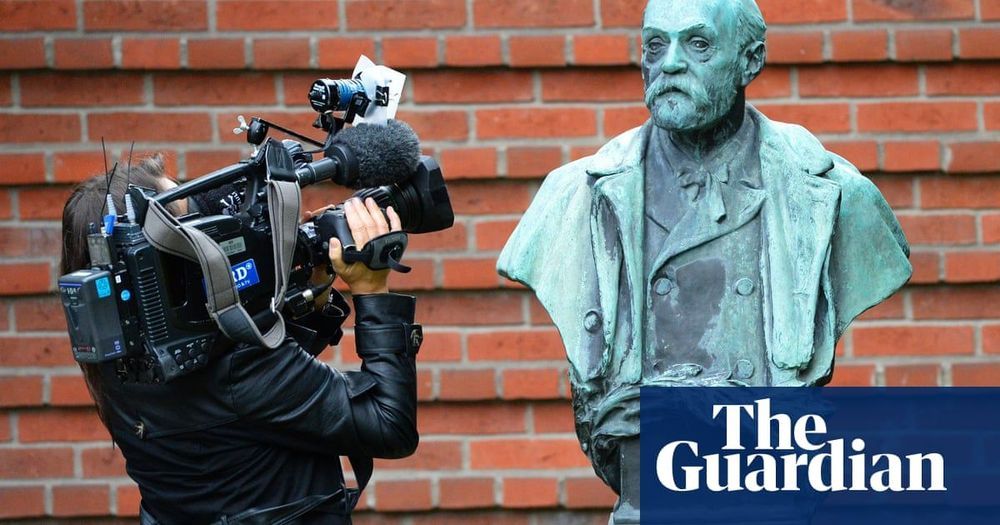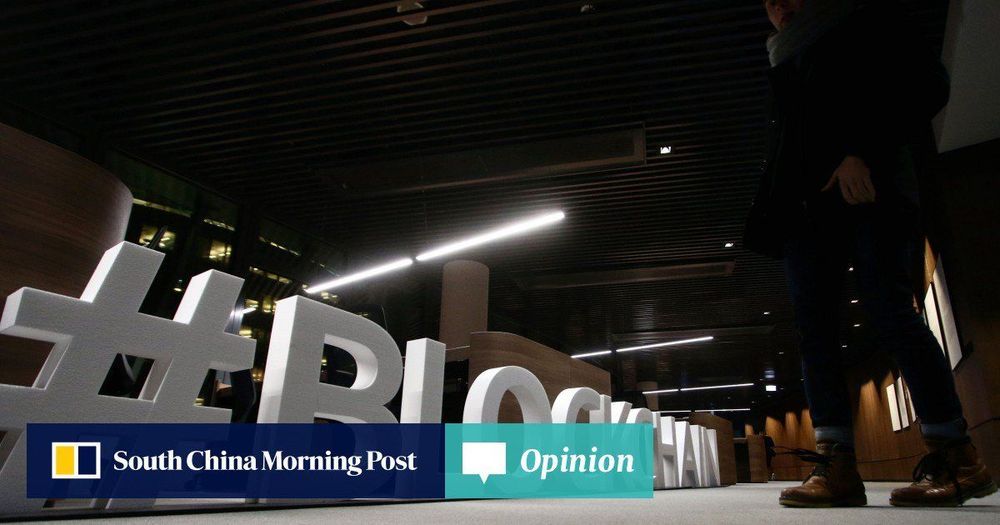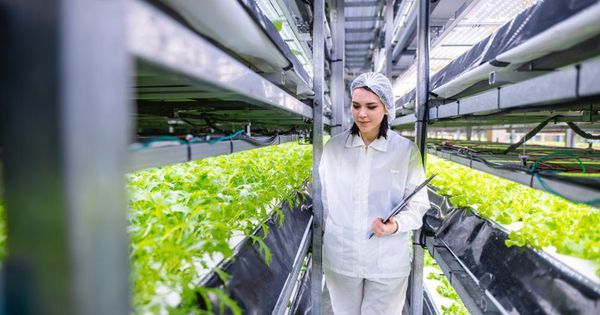Ariel Rubinstein, who says economics lacks common sense, heads list of likely winners.



Digital assets will only continue to grow. With clearer regulation coming in the near future, large financial institutions such as banks and asset managers will have the official ‘stamp of approval’ needed to participate in the market, driving tokenisation of existing asset classes and substantial capital inflows to the sector.
How investment in safekeeping technology will help determine the winners in Asia’s new token economy.


Despite this economic pressure, rural America remains one of our nation’s most fertile regions, and recent advances in biotechnology are making it easier than ever to sustainably grow new kinds of valuable goods, from biopharmaceuticals to biomaterials. With the right strategic investments, rural America could see a biotech “bloom.”
I propose a Bio-Belt stretching through middle America to bring new skills and high-paying jobs to communities that desperately need them. This initiative would bolster investment in biotechnology training, education, infrastructure and entrepreneurship in rural areas in order to develop new, sustainable sources of income.
The Bio-Belt is about much more than biofuel. Fermentation is an increasingly powerful force for converting sugar and other forms of biomass into value-added goods—all through the rational design of cells that can be sustainably grown wherever land is abundant.

This new breed of city takes various different forms, from government initiatives, to public-private partnerships, to entirely private enterprises. Many are being used to jump-start economies in the developing world, with masterplans carefully calibrated to attract foreign investors and treasuries looking to sink their funds into something concrete. They provide a powerful means for wealthy countries to expand their strategic influence abroad, with the construction of new cities acting as a form of “debt-trap diplomacy”, tying host nations into impossibly burdensome deals. They are billed as a panacea for the world’s urban ills, solving overcrowding, congestion and pollution; yet, more often than not, they turn out to be catalysts for land dispossession, environmental degradation and social inequality.
The feature Kim enjoys most is a small touchscreen display on his kitchen wall that allows him to keep track of his and his wife’s consumption of electricity, water and gas and, most important, compare it against the average statistics for the building. Flicking between the screens of bar charts and graphs, a broad grin spreads across his face: for yet another day running, they are more energy-efficient than all their neighbours.
From their living room window at the top of one of the city’s new residential towers, a panorama of downtown Songdo unfolds. Across an eight-lane highway lies Central Park, a broad swath of trees surrounding an ornamental lake, flanked by rows of glass towers with vaguely jaunty silhouettes. Armies of identikit concrete apartment blocks march into the hazy distance beyond, terminating at a Jack Nicklaus-designed golf course. It looks a lot like many other modern Asian cities, a place of generic towers rising above a car-dominated grid. Public life is mostly confined to the air-conditioned environments of malls and private leisure clubs.
Initiated by the South Korean government in the late 1990s, when Incheon airport was being planned, Songdo represents a model that has been replicated numerous times around the world. Begun as a joint venture with US developer Gale International – which has since hawked its “city in a box” kit to other countries – the Songdo International Business District was conceived as a $40bn hub for international companies, an exemplar of sustainable urbanism and testing ground for new smart city technologies.
The World Economic Forum has partnered with the Inter-American Development Bank and the Colombian Inspector General’s Office to explore how distributed ledger technology can improve public transparency and integrity in school meal procurement.
The project, which is taking place this year, is multi-faceted and includes a software implementation with blockchain technology for the selection of school food vendors. It is co-designed with several partners from academia, the IT industry, and the non-profit world, including economists and computer scientists from the blockchain economics and governance consulting firm Prysm Group, the National University of Colombia, U.C. Berkeley, and the blockchain security firm Quantstamp.

More than 9000 scientists, including Andre Geim, Carlo Rubbia and eight other Nobel-prize-winning physicists, have signed a letter calling on the European Commission (EC) to reinstate a dedicated commissioner for education and research. The letter claims that that an out-and-out role for education and research is necessary to create a sound basis for innovation in Europe.
News of the apparent sidelining of science emerged when Ursula von der Leyen, the EC’s president-elect, presented her team and the new structure of the next European Commission on 10 September. It included her candidates for the new set of 18 commissioners, but the plan no longer included a commissioner that explicitly represents education and research.
These areas are instead expected to be covered by the commissioner for innovation and youth – the nominee for which is Mariya Gabriel, who is the current commissioner for digital economy and society. In the new set-up, the innovation and youth role appears to be a merger between the current directorate for research, science and innovation with that for education, culture, youth and sport.

The competition between the United States and China on artificial intelligence is heating up recently. In the coming AI Race, can India with an abundance of engineering talent really catch up with the US and China?
Artificial Intelligence, Machine Learning, Robotics, and The Internet of Things (IoT) are one of the rapidly advancing technological developments. The rate of progress in the field of these is amazingly rapid. From SIRI to self-driving cars, artificial intelligence is changing our daily life in many ways.
India is on course to become the third-largest economy in the world (by GDP) within the next few years according to MIT Technology Review. Indian government released a report on artificial intelligence in 2018 that calls for the country to boost investment and focus on deploying the technology in manufacturing, health care, agriculture, education, and public utilities. Currently, around 400 new companies in India have put resources into work including artificial intelligence and machine learning.